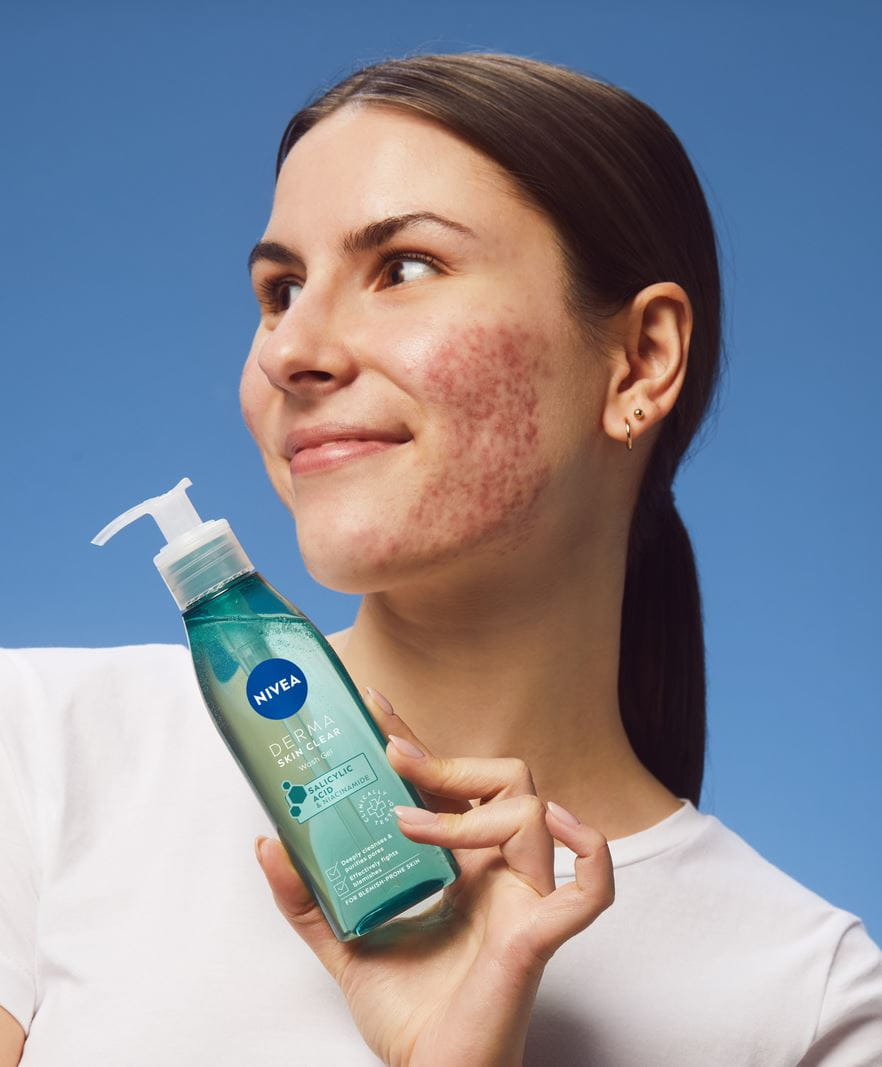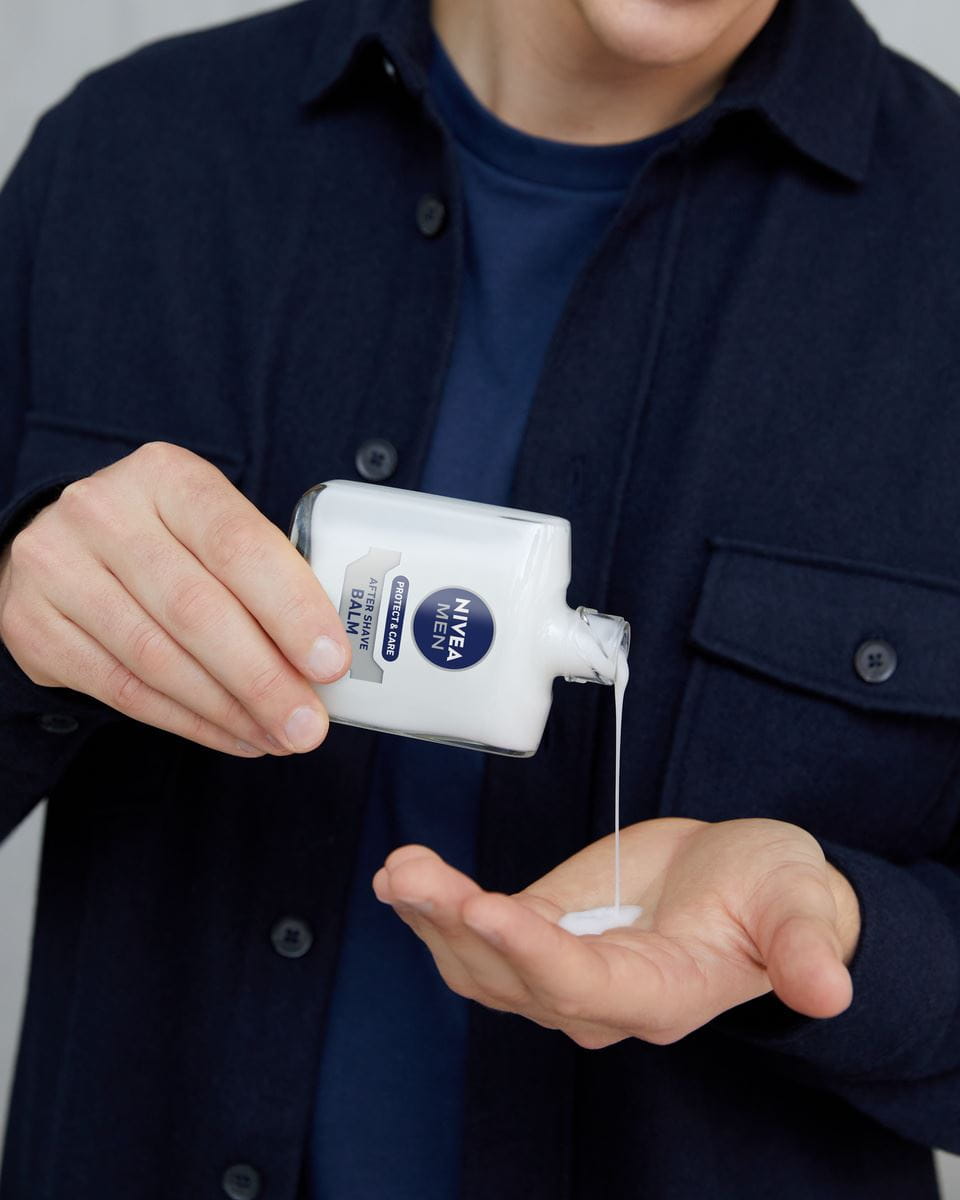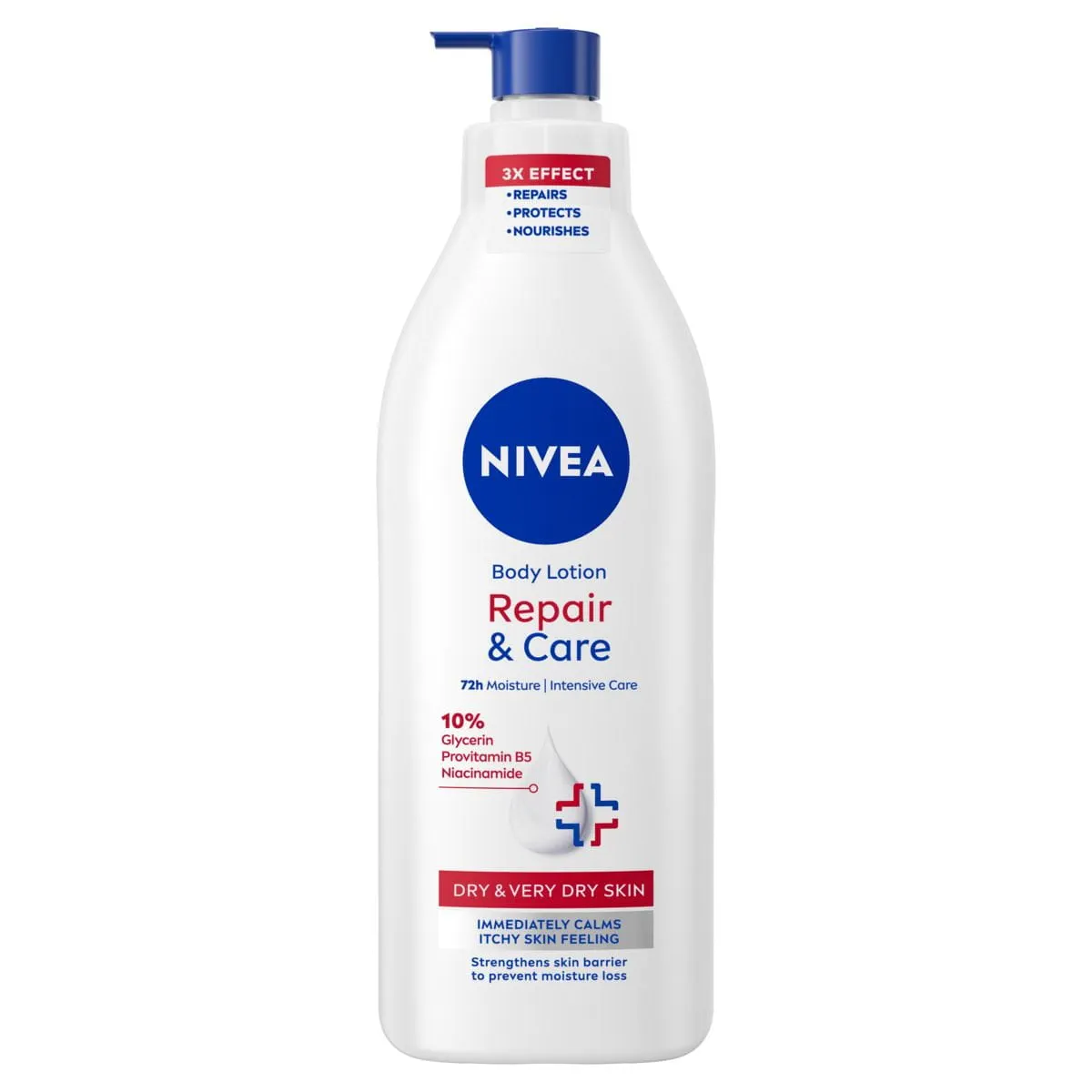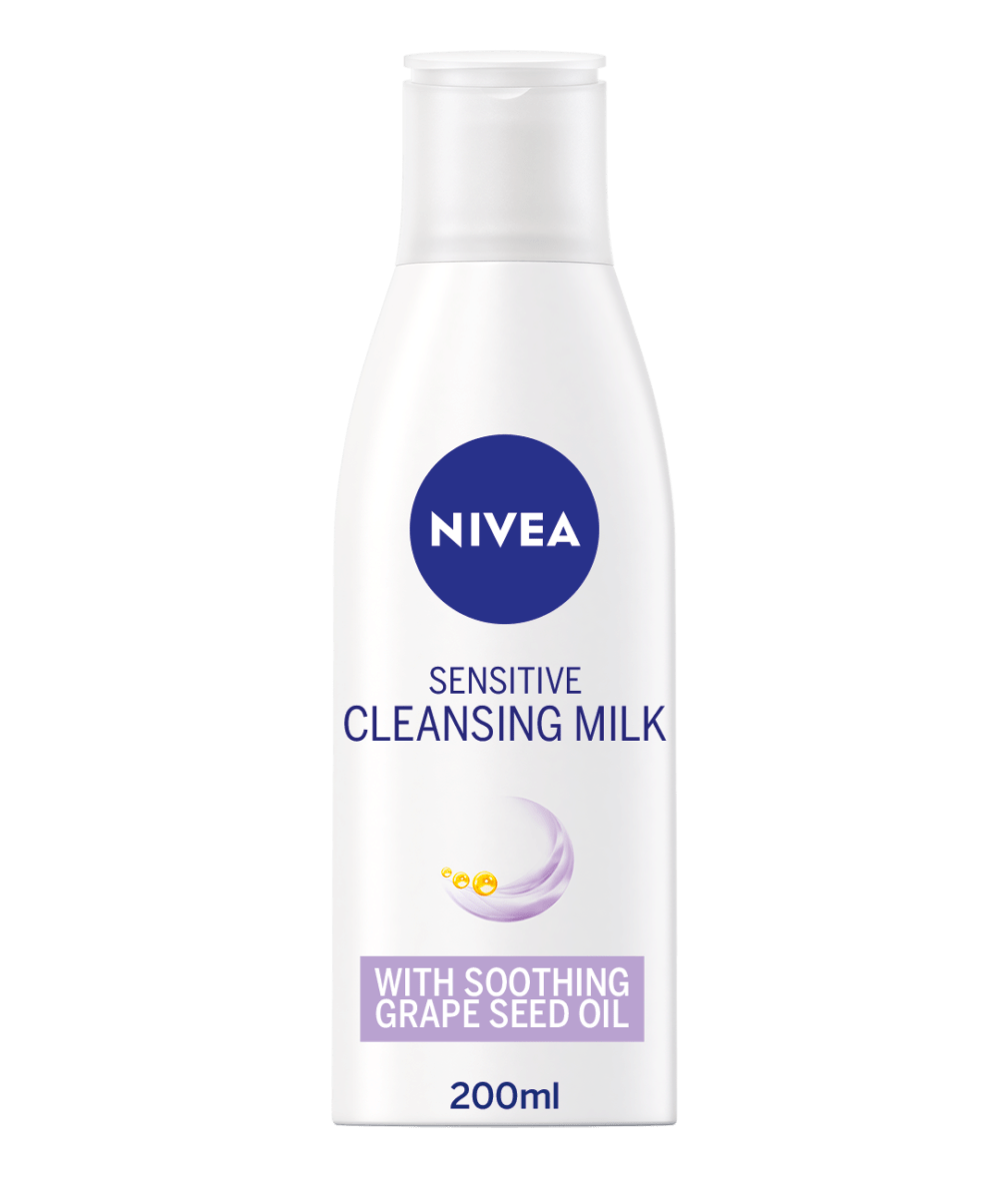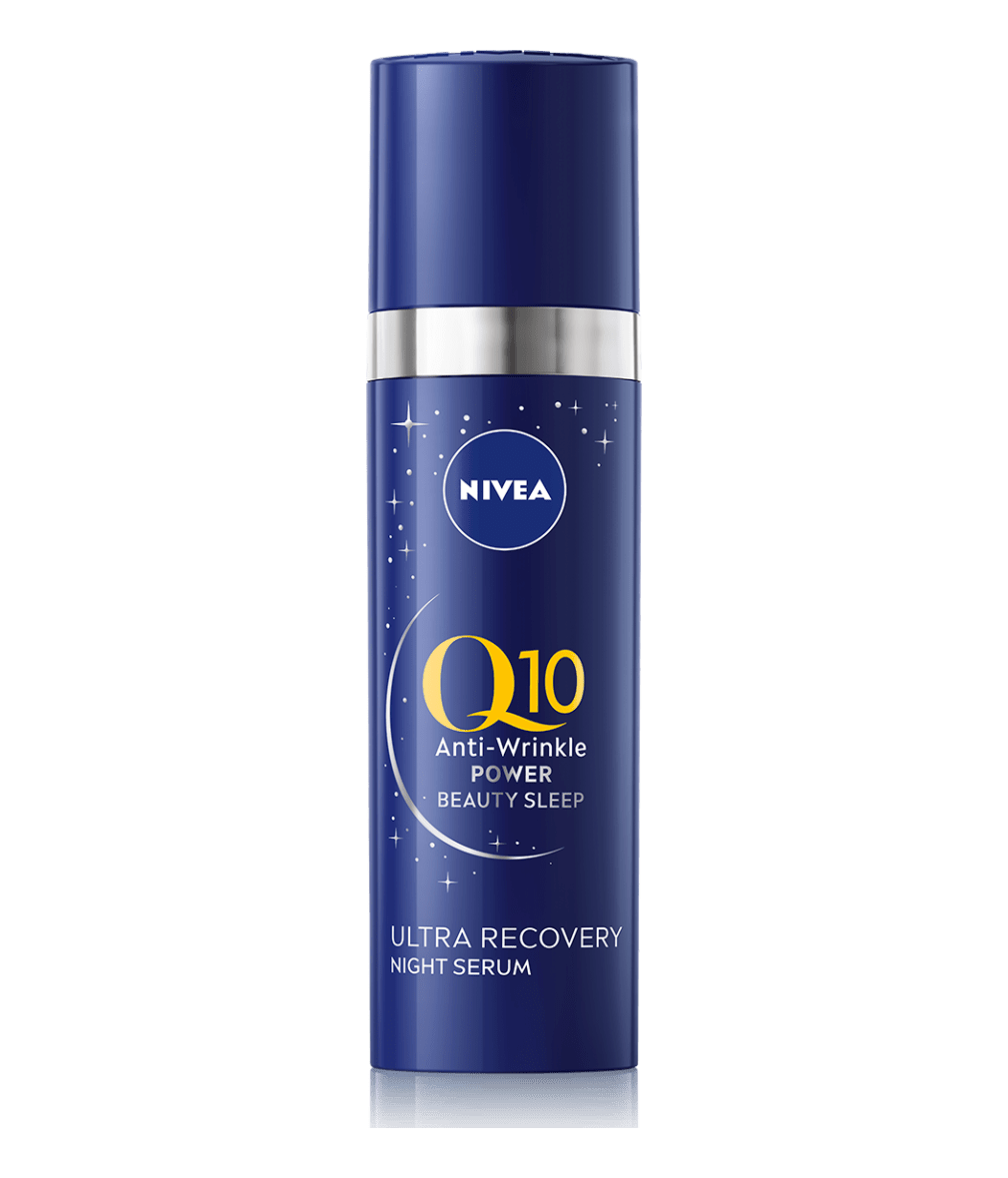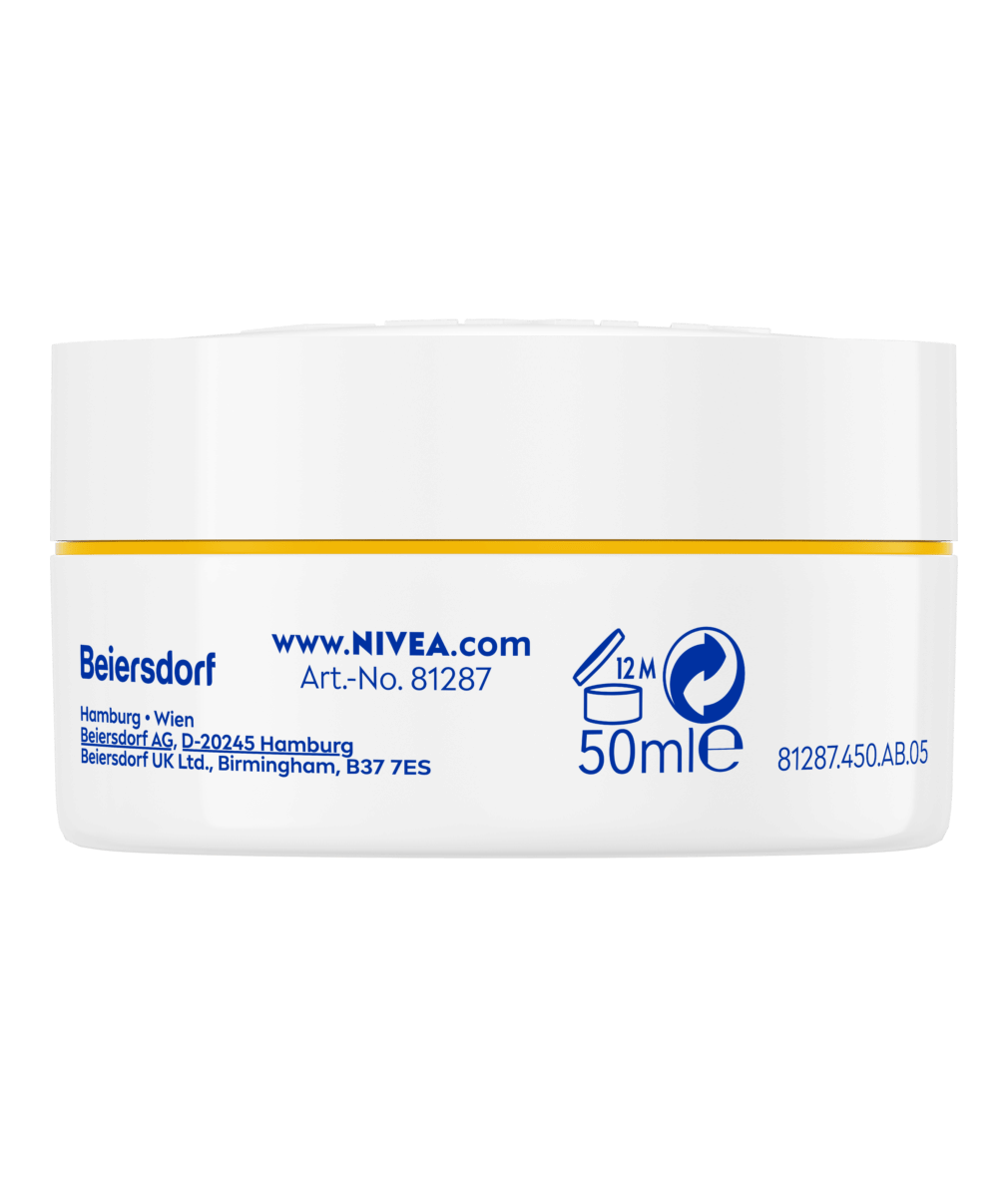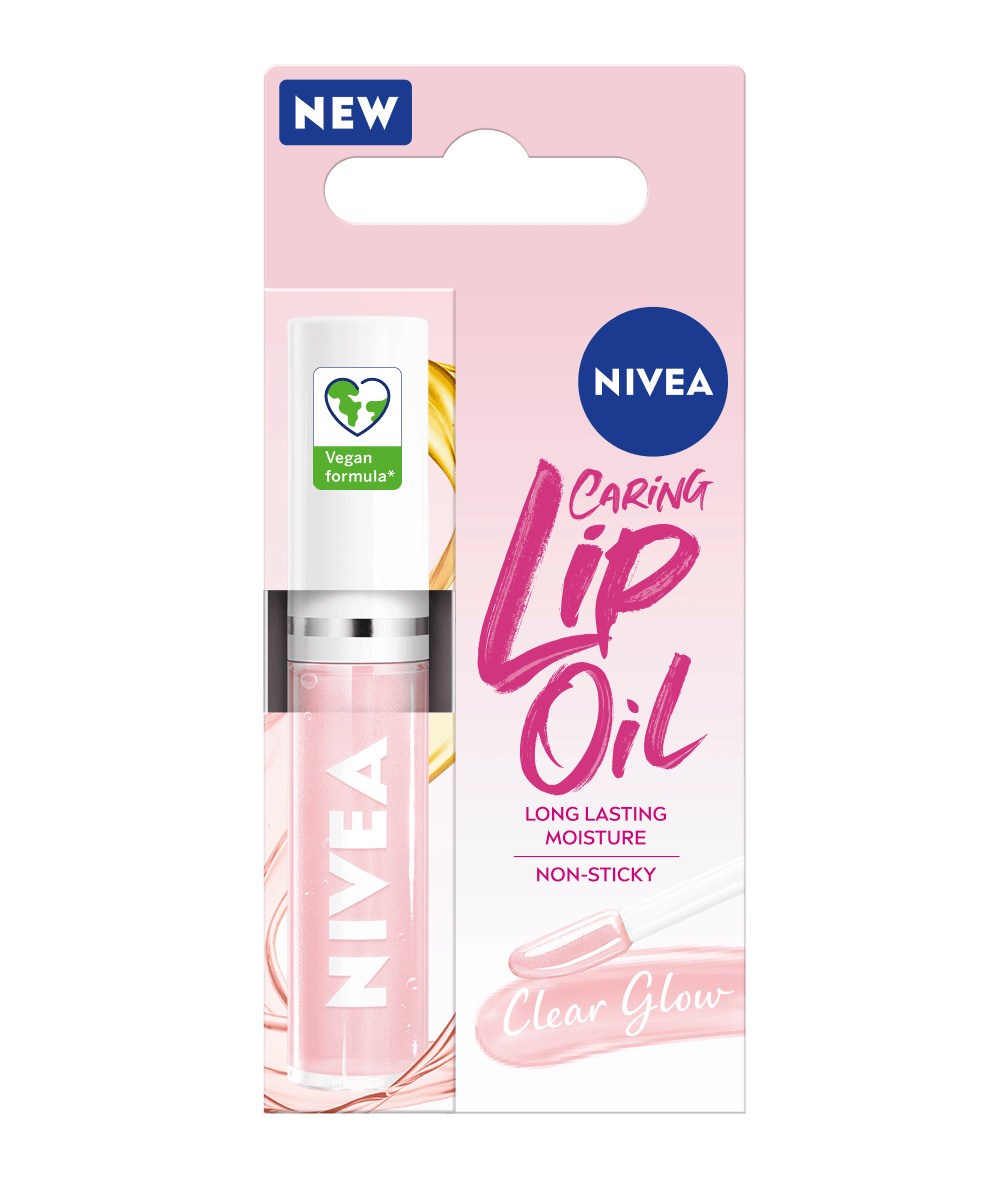
7 Causes of Sensitive Skin and How to Care for It
Everything you need to know about sensitive skin and how to look after it
What is sensitive skin?
Sensitive skin is a common concern for many people, characterised by heightened reactivity to various external and internal factors. Sensitive skin presents itself through various signs such as redness, itching, burning sensations, and dryness. It may react adversely to certain skincare products, environmental factors, or even emotional stressors. Paying attention to these signs can help in identifying sensitive skin and adopting appropriate skin care practices.
Why does my skin feel sensitive?
7 Causes of sensitive skin
While the precise causes underlying sensitive skin are complex, several key factors contribute to its development and exacerbation.
Sudden skin sensitivity? Here's what to do
Importance of sun protection for sensitive skin
Facts Overview
Sensitive Skin
Choosing the right skincare for sensitive skin
If you have sensitive skin, you should make sure you use particularly mild and gentle sensitive skin care products. Here are some tips to help you choose the right ones:
Skincare routine for sensitive skin
To cater to sensitive skin, adopting a minimalistic approach can be beneficial.
Men's sensitive skincare routine
Men with sensitive skin often face unique challenges when it comes to facial care and shaving. Tailoring a skincare routine specifically for sensitive skin can help alleviate discomfort and maintain healthy-looking skin.
Summary
Sensitive skin is characterised by an increased sensitivity to external and internal factors. It's crucial to comprehend and effectively care for sensitive skin to preserve its healthy and bright appearance. Sensitive skin presents itself through various signs such as redness, itching, burning sensations, and dryness. It may react adversely to certain skincare products, environmental factors, or even emotional stressors. Treatment typically involves using gentle products, avoiding triggers, managing underlying conditions, and making lifestyle changes to reduce sensitivity. It should also be noted that managing sensitive skin alongside acne requires gentle practice with treatments.
